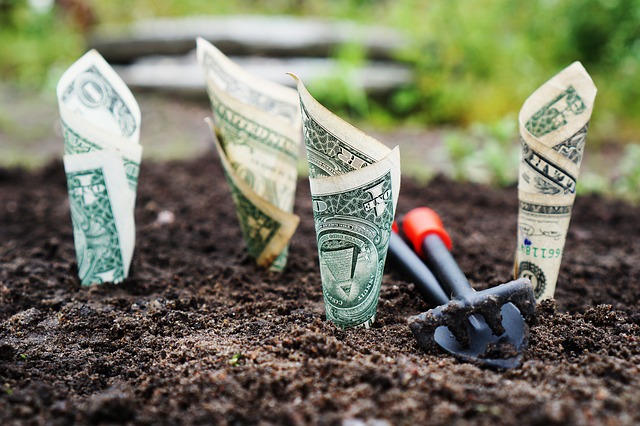When you decide to invest for your financial future, what do you consider to be important? Do you want to accumulate money for retirement or to purchase something big, like real estate? Do you need money to get your children through college or to start a business? You may also think about your risk tolerance, impact on taxes, and personal comfort zone. As Stephen Covey says, always start with the end in mind.
For Christian investors, this saying may have a deeper meaning.

As investors, we ask ourselves these questions:
- What is the best use of my money? Should I invest now or use my income to pay off or avoid debt?
- What is my objective for investing? Do I want safety, long-term appreciation, or high gains?
- Where and how much should I invest at my age? Should I invest while I’m young, have more disposable income, and can recover should my investment choices fail? Or should I wait until middle age when I am making more money and thinking of retirement?
- How much time do I have before I need to turn my investments into cash for living expenses?
As Christian investors, we may also ask:
- How does God want me to invest my money? We should be good stewards by investing wisely, a concept emphasized in the Parables of the Talents in Mathew 25:14-30
- What investment opportunities should I seek? Our investment objective should always be to make the world a better place. No one can serve two masters. We cannot serve God and worship money at the same time, as we read in Luke 16:8-13
- What should be my attitude about the future? Keep a wise and humble attitude about the future and avoid boasting about wealth. Proverbs 27:1
- Can I be sure my investments will be profitable? Trust in God and make thoughtful choices about investments. Romans 8:29
Someone paraphrased the challenge of Christian life as “living in the world without being part of it.” There are no easy answers as to how to do this except in Scripture. Understanding God’s Word on wealth, money, and stewardship may not offer financial success, but we will all reap and sow more confidently by investing according to His teachings.

